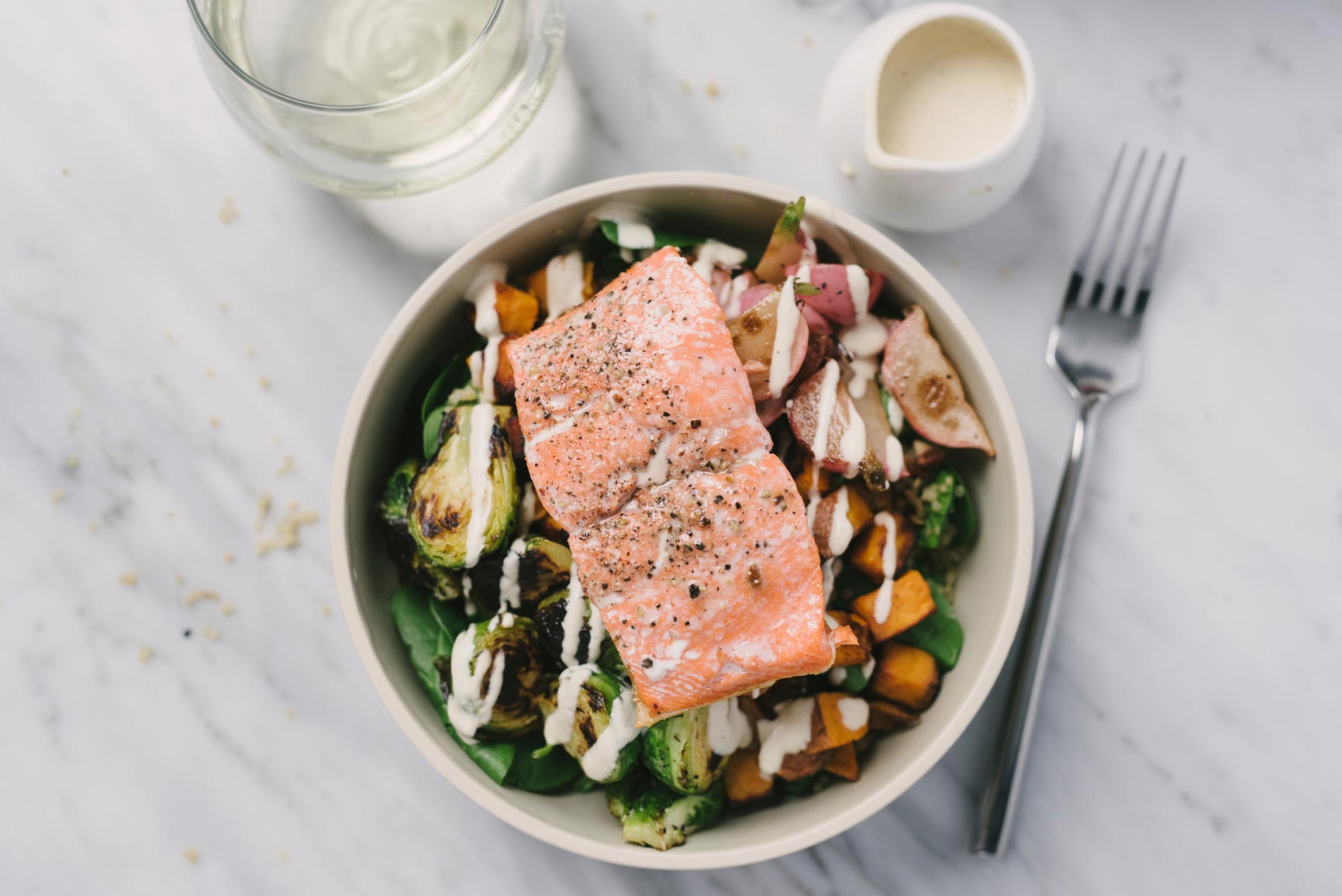“Good nutrition creates health in all areas of our existence. All parts are interconnected.” — Dr. T. Colin Campbell, American biochemist and nutrition expert
As stated in a recent article, published in the European Journal of Clinical Nutrition, to enhance the physical and mental health of individuals during the COVID-19 pandemic, a framework of action to maintain optimal nutrition at the individual, community, national, and global levels is required.
Why Nutrition Matters During COVID-19
A well-balanced diet is vital during COVID-19 for two core reasons. First of all, individuals who consume a nutrient-rich diet tend to be healthier with a stronger immune system, reducing the risk of both chronic and infectious diseases. It has been reported that COVID-19 is a disease of the immune system and that variables such as obesity increase your risk of an inflammatory response.
Secondly, optimal nutrition supports positive mental health, reducing the risk of depression and anxiety. It is well-established that healthy foods support the prevention of physical ailments, including cancer, diabetes, and cardiovascular disease. However, your mental and physical health are not independent of one another. As stated by Harvard Medical School, 95 percent of your serotonin is produced in the gastrointestinal tract.
This neurotransmitter is what allows you to regulate appetite, sleep, and pain, as well as your mood. Practicing healthier, more mindful eating can help you boost levels of serotonin, as well as dopamine, lowering feelings of stress during times of uncertainty. Since stress also compromises your immune system, consuming more immune-boosting foods will have a dual effect.
Related: A Nutritional Guide to Managing Your MDD
Whether nutrition and other lifestyle variables impact your susceptibility to COVID-19 is not yet well-established. However, as stated by the Physicians Committee for Responsible Medicine, the relationship between foods and immune defenses is likely relevant. As discussed, dietary improvements on symptoms of depression and anxiety are relevant — which is reason enough.
How to Choose Anti-Anxiety, Immune-Boosting Foods
There’s no denying that the wonderful world of nutrition is complex. However, you do not need to be fully aware of every vitamin, mineral, and antioxidant to eat well. The main message here is to focus on the quality of your diet.
This means that your diet should mainly consist of whole foods, such as fruits, vegetables, whole grains, healthy proteins, and healthy fats. In contrast, you should stay clear of processed, sugary foods. In terms of immune function and mental health, consider the following:
- Antioxidants are important for both anxiety and immune function. The research shows that antioxidant therapy can help patients living with stress-induced psychiatric disorders. To date, there are more than 4,000 known flavonoids, which is just one class of antioxidants. This is why you should eat a varied, colorful diet, including everything from spinach to red pepper, pecans to blueberries.
- Consume more healthy fats, particularly omega-3 fatty acids. A study published in Brain, Behavior found that omega-3 supplementation reduced inflammation and anxiety, even among healthy young adults. Read “Your Brain on Fat” in order to learn more.
- Magnesium-rich foods can help you feel calmer, as stress depletes magnesium levels. Magnesium can be found in whole grains, nuts, seeds, legumes, seafood, and dark leafy greens.
Bottom line: COVID-19 is creating increased challenges in terms of stress and boredom, which can result in poor dietary choices. However, with a little planning, you can combat rising levels of anxiety while boosting your immunity. During this time, focus on simple meals made from fresh, quality ingredients.






